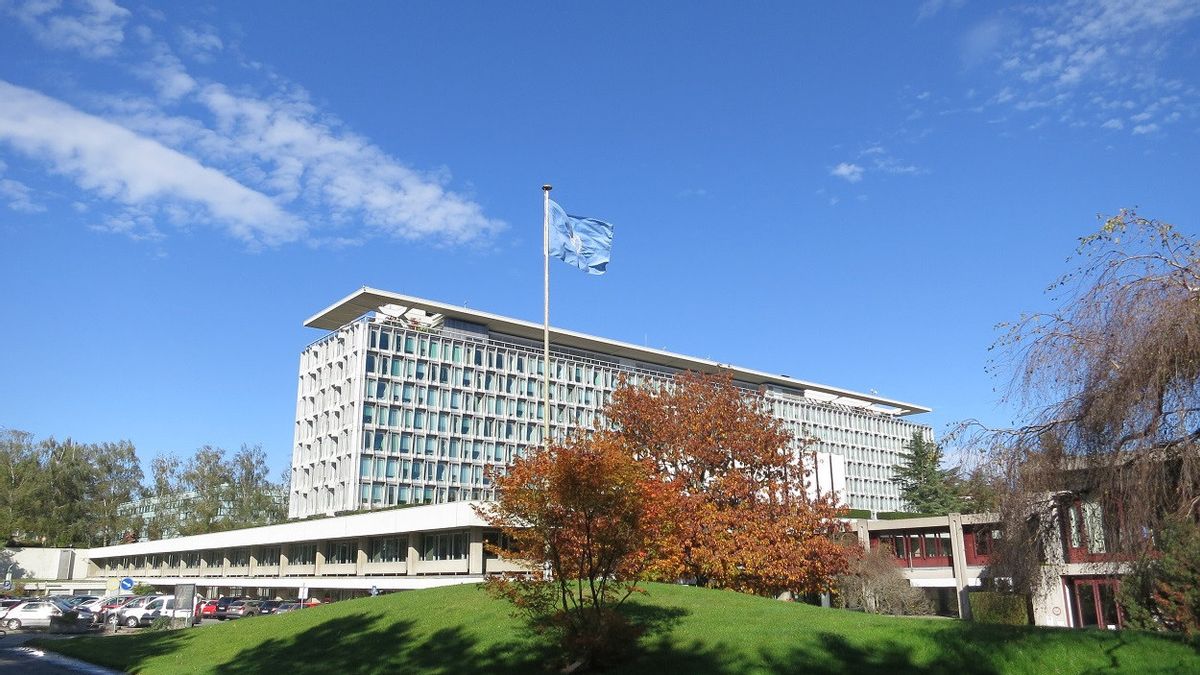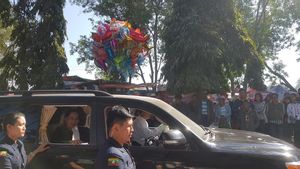JAKARTA - The more contagious Omicron variant of COVID-19 appears to produce milder disease than the globally dominant Delta strain, but should not be categorized as "mild", World Health Organization (WHO) officials said Thursday.
Janet Diaz, WHO's lead for clinical management, said preliminary studies showed there was a reduced risk of hospitalization for the variant, which was first identified in South Africa and Hong Kong in November, compared to the Delta variant.
There also appears to be a reduced risk of severity in younger and older people, he said at a press conference from WHO headquarters in Geneva, citing Reuters January 6.
He did not provide further details about the study or the age of the cases analyzed, but its impact on the elderly is one of the big unanswered questions about the new variant, as most of the cases studied so far have occurred in younger people.
Speaking at the same briefing in Geneva, WHO Director-General Dr. Tedros Adhanom Ghebreyesus said the variant should not be considered 'mild' as global infections surged to a record, healthcare systems were overwhelmed and governments struggled to tame the virus, which has killed more than 5.8 million people.
At the same time, he reiterated his call for greater equity globally in the distribution of and access to COVID-19 vaccines.
Based on current vaccine launch rates, 109 countries would miss the WHO's target of 70 percent of the world's population to be fully vaccinated by July, Tedros added. That goal is seen as helping end the acute phase of the pandemic.
SEE ALSO:
Meanwhile, WHO adviser Bruce Aylward said 36 countries had not even reached 10 percent vaccination coverage. Among severe patients worldwide, 80 percent are not vaccinated, he said.
Another variant, labeled IHU and first registered in September 2021, is among those monitored by WHO but not widely circulated, said WHO technical lead for COVID-19, Maria van Kerkhove.
To note, there are two other, more important categories that WHO uses to track variants: "variants of concern", which include Delta and Omicron, and "variants of interest".
The English, Chinese, Japanese, Arabic, and French versions are automatically generated by the AI. So there may still be inaccuracies in translating, please always see Indonesian as our main language. (system supported by DigitalSiber.id)















